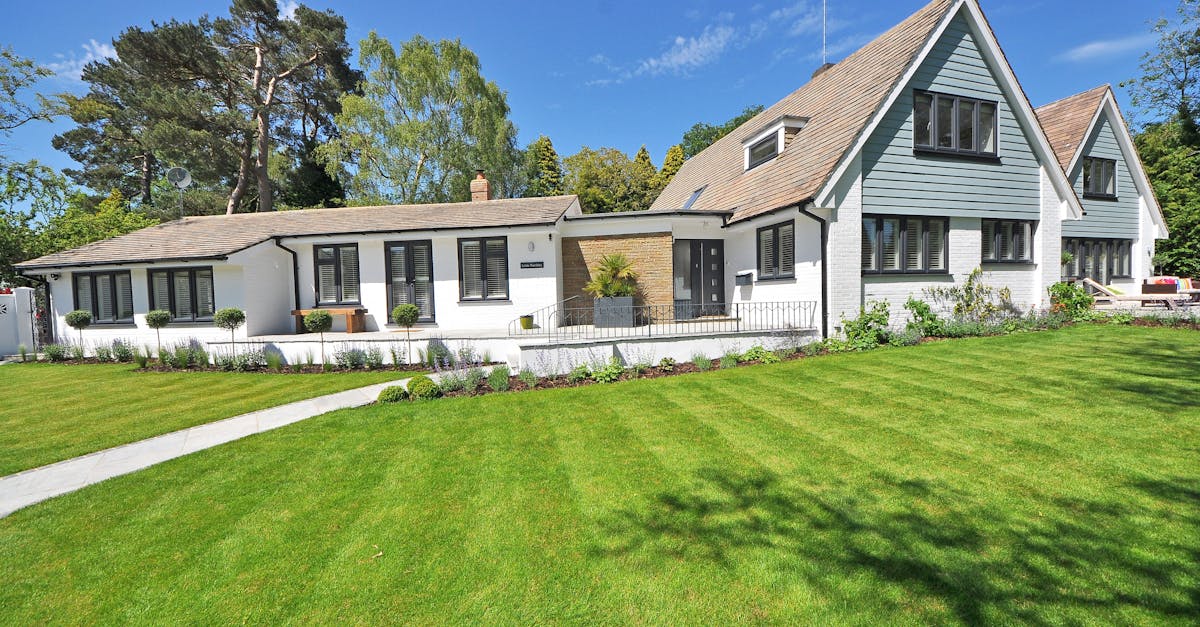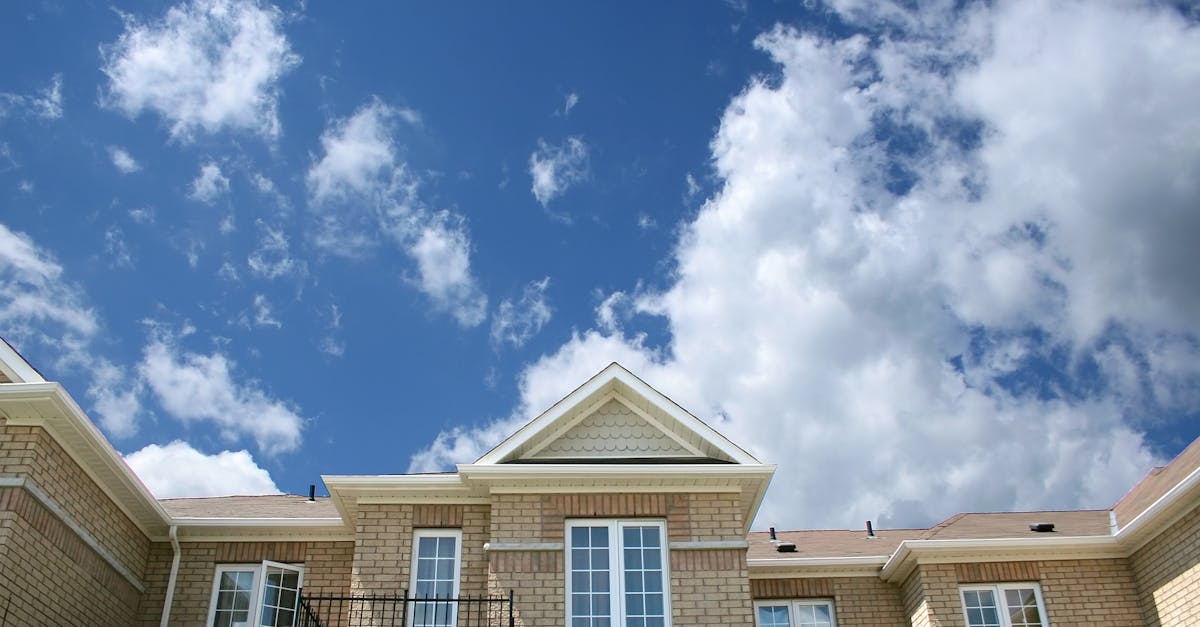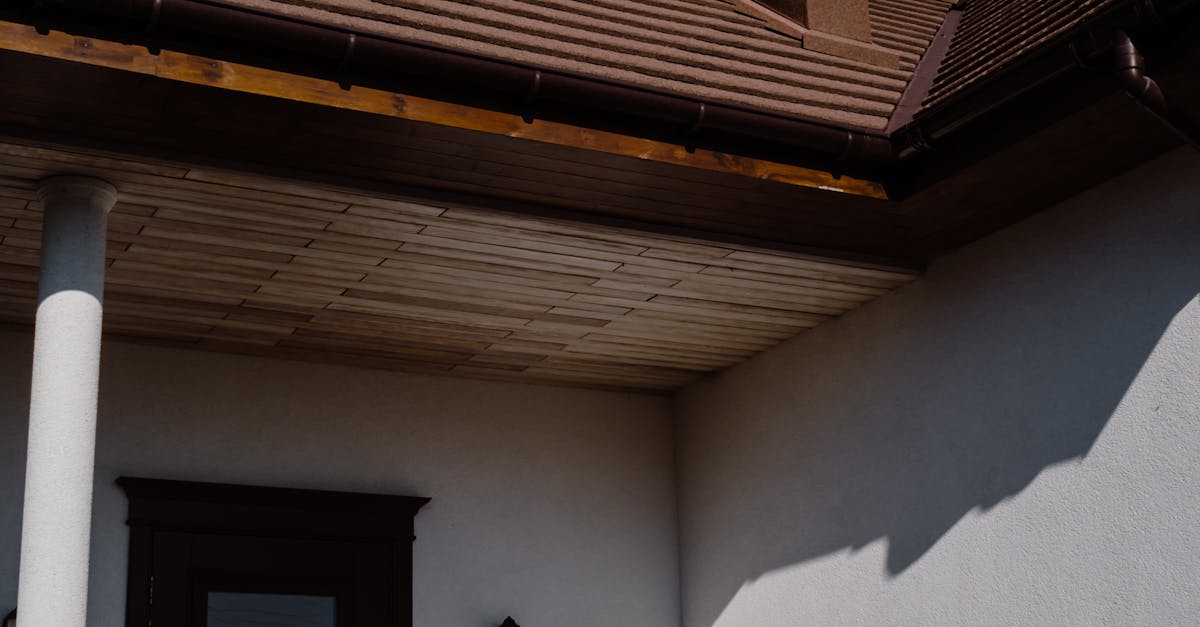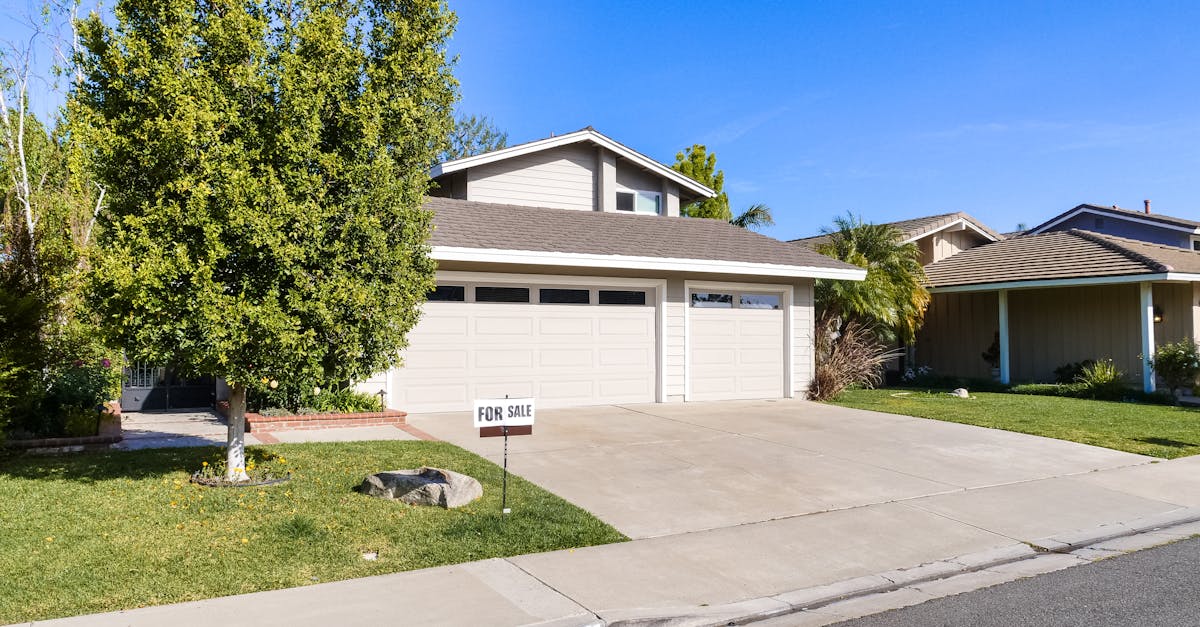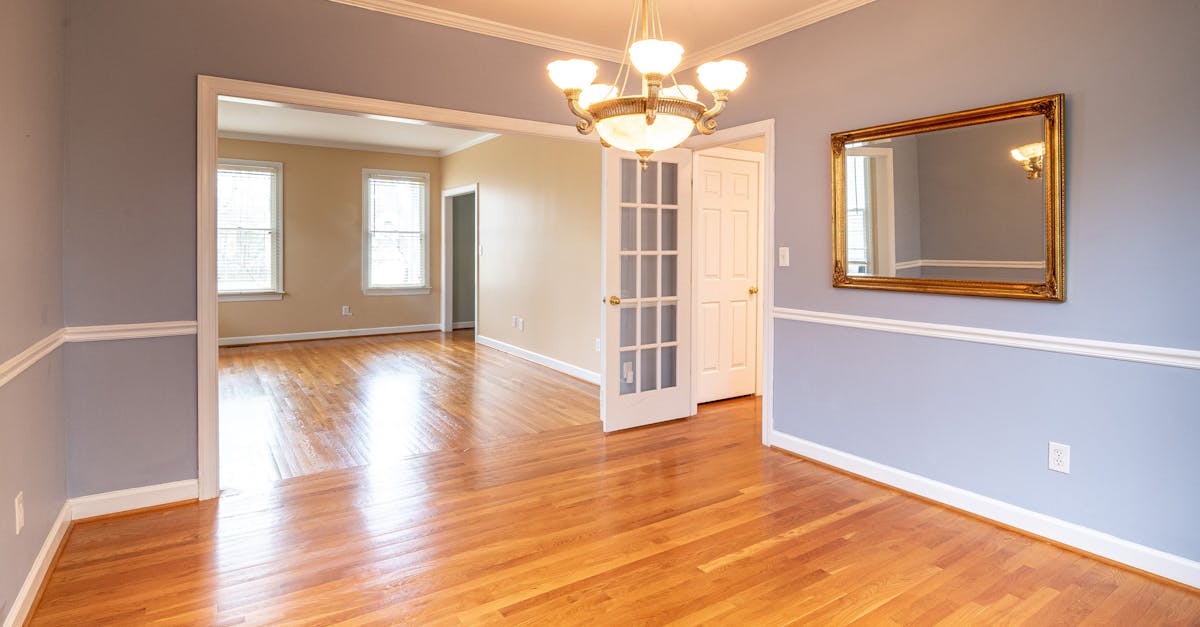
Table Of Contents
Evaluating Your Creditworthiness
When considering Fix n Flip Loans, evaluating your creditworthiness is crucial. Lenders typically assess various factors, including your credit score, debt-to-income ratio, and overall financial history. A strong credit profile not only enhances your chances of loan approval but also positions you for more favorable interest rates. Understanding how lenders evaluate your financial health can provide insight into what you need to improve before applying for a loan.
Improving your creditworthiness often requires proactive measures. You can check your credit report for errors, make timely payments on existing debts, and reduce outstanding balances. These actions can contribute to a higher credit score, making you more attractive to lenders. A solid financial foundation will not only aid in securing Fix n Flip Loans but may also lead to better loan terms that align with your investment goals.
How Credit Scores Affect Rates
Credit scores play a pivotal role in determining the interest rates for Fix n Flip Loans. Lenders assess an applicant's creditworthiness through their credit scores, which reflect their financial history and repayment behavior. Higher credit scores generally indicate a lower risk for lenders, allowing borrowers to qualify for more favorable interest rates. Conversely, those with lower credit scores may face higher rates or, in some cases, may struggle to secure a loan altogether.
Understanding the nuances of credit scores can empower potential borrowers to improve their chances of obtaining a better rate. Simple actions such as paying down existing debt, ensuring timely bill payments, and reviewing one’s credit report for inaccuracies can all contribute positively. Engaging in these practices can make a significant difference when seeking Fix n Flip Loans. A strong credit profile not only facilitates a smoother loan application process but can also result in significant savings over the life of the loan.
Costs Beyond Interest Rates
When considering Fix n Flip Loans, it’s essential to recognize that the expenses involved extend far beyond just the interest rates. Borrowers often face various closing costs that can add up quickly. These costs may include appraisal fees, title insurance, and attorney fees, which can significantly impact the overall profitability of the investment. Being informed about these fees can help investors plan their budgets more effectively and avoid unexpected financial strain.
In addition to closing costs, there are often other fees associated with Fix n Flip Loans. Points, which are upfront fees paid to lower the interest rate, can be another factor. Borrowers should also consider ongoing expenses such as inspection fees and possibly even renovation costs before securing funding. Understanding these financial components is crucial for ensuring a successful flip, as they can influence overall returns on investment.
Closing Costs and Fees
When considering Fix n Flip Loans, it's important to factor in closing costs and additional fees that can significantly impact your overall expenses. These costs typically encompass various charges such as appraisal fees, title insurance, and attorney fees. While most borrowers focus their attention on the interest rate, closing costs can add up quickly and should not be overlooked during the budgeting process.
Understanding the specifics of these fees is crucial for effective financial planning. Some lenders may offer lower interest rates but compensate for it with higher closing costs. Others might have minimal fees but slightly higher interest rates. Doing thorough research and obtaining estimates from multiple lenders can provide clarity on the total cost of borrowing, ensuring that you make an informed decision regarding your Fix n Flip Loans.
Strategies to Secure Lower Rates
Securing lower interest rates for fix and flip loans can significantly impact the overall profitability of a project. One effective strategy involves improving your credit score before applying for financing. Paying down existing debts, making timely bill payments, and correcting any errors in your credit report can elevate your score. Lenders generally offer better rates to borrowers with higher credit scores, so dedicating time to enhancing your credit profile could lead to substantial savings.
Another approach is to shop around and compare offers from multiple lenders. Each lender has unique criteria and may assess risk differently, leading to varying interest rates. Gathering quotes from various institutions allows you to identify the most favorable terms. Additionally, consider leveraging relationships with local banks, credit unions, or private lenders, as personal connections can sometimes lead to more favorable terms for fix and flip loans.
Tips for Negotiating Loan Terms
When negotiating loan terms for Fix n Flip Loans, it's essential to do your homework beforehand. Understanding market rates and being aware of your credit profile can provide a solid foundation for discussions with lenders. Present clear financial plans and projections for the properties you intend to flip. This demonstrates your seriousness as a borrower and can influence lenders' willingness to offer more favorable terms.
Consider leveraging multiple loan offers to your advantage. When lenders know you are exploring various options, they may be more inclined to provide competitive rates or reduce fees. Don't hesitate to ask for flexibility in terms of the repayment schedule or interest rate. Demonstrating confidence and preparedness during negotiations can yield significant savings on your Fix n Flip Loans.
FAQS
What is a fix and flip loan?
A fix and flip loan is a short-term financing option designed for real estate investors who purchase properties, renovate them, and then sell them for a profit. These loans typically cover the purchase price and renovation costs.
How do interest rates for fix and flip loans compare to traditional mortgages?
Interest rates for fix and flip loans are generally higher than traditional mortgage rates because they are short-term loans with higher risks associated with property renovations and quick sales.
What factors influence the interest rates on fix and flip loans?
Interest rates on fix and flip loans can be influenced by several factors including the borrower's credit score, the loan-to-value (LTV) ratio, the property's location, and the overall market conditions.
Can I negotiate the interest rates on a fix and flip loan?
Yes, you can negotiate the interest rates on a fix and flip loan. By demonstrating good creditworthiness and shopping around for the best terms, you may be able to secure a lower rate.
What additional costs should I be aware of when taking a fix and flip loan?
In addition to interest rates, borrowers should consider closing costs, appraisal fees, inspection costs, and potential renovation expenses, all of which can impact the overall cost of the loan.

